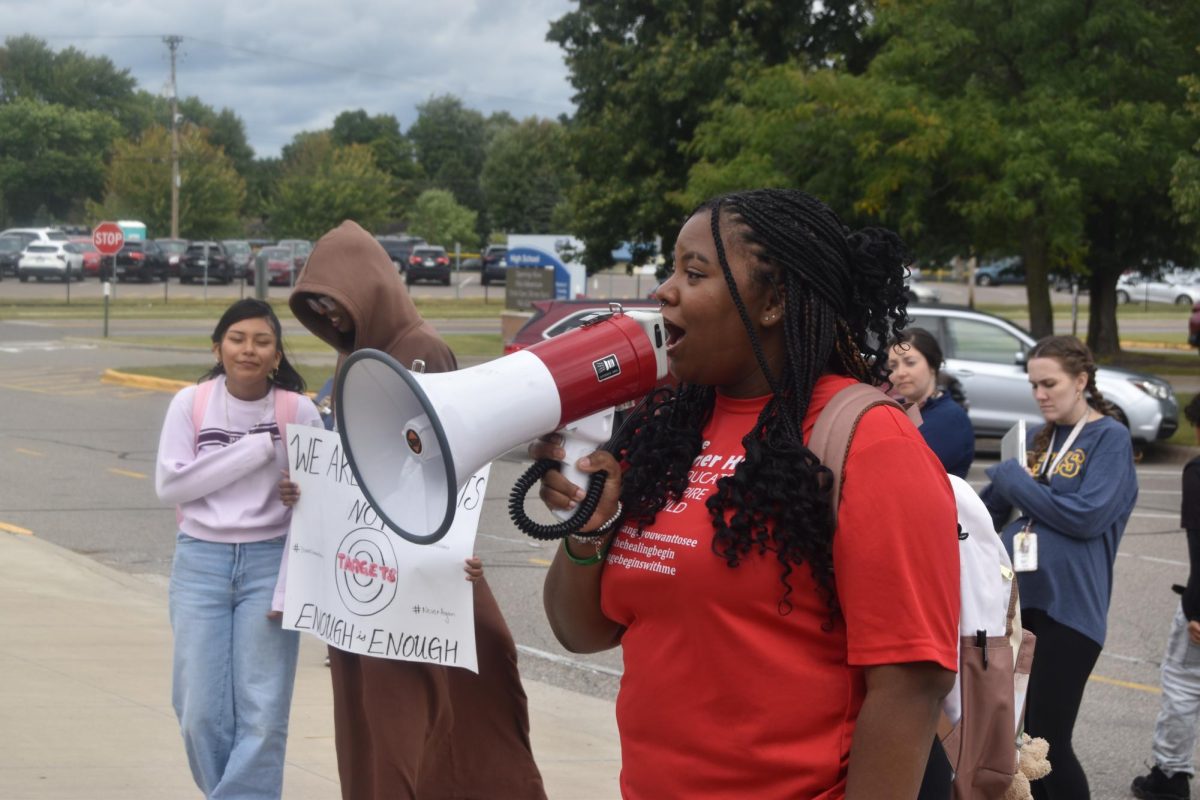“Sit down class! Shhh, listen up! Today you will be learning, well, nothing…”
Within the past year, Florida Governor Ron DeSantis has led the charge for a lot of new legislation in his state, some argue for the better while others say largely for the worst.
Targeting the root of society, one major education bill that was introduced effective this year is Bill 1557, better known and described as the “Don’t Say Gay Bill”, as the public has deemed it. Since the passing of this bill, much has changed in Florida schools. One of the most notable aspects is that public school teachers are not allowed to talk about or teach about sexual orientation or gender identity in elementary K-3 grade-level classes. This bill was signed in March and has made waves across the U.S. ever since, especially as DeSantis continues mounting his campaign for the 2024 presidential election.
Republican legislators such as Paul Renner, Florida’s state speaker of the house, have said that this law was implemented so that parents have control over when, where and how their children learn about LGBTQ+ topics. If this law is violated, parents have the right to sue the school and the involved educator(s). In addition, parents and community members have the right to request a book be banned and or taken off the shelves of a school library. If a request is made, the library will have five days to remove the book from the shelves and review if it should be permanently removed from circulation. These book bans are targeting narratives of LGBTQ+ lives and stories, such as: “All Boys Aren’t Blue” by George M. Johnson, “Better Nate Than Ever” and “Five, Six, Seven, Nate!” by Tim Federle, “Fun Home: A Family Tragicomic” by Alison Bechdel and “Last Night at the Telegraph Club” by Malinda Lo, a former #HylandersRead book of the month here a Columbia Heights High School (CHHS).
Several high school classes have also been banned in Florida schools following this legislation. One of the most notable is Advanced Placement Psychology (AP Psych), due to the content related to sexual orientation and gender identity within its course curriculum.
Teachers like Richard Rudd, a social studies teacher at Nova High School in Broward County, Florida are angry that there was no notice ahead of time and they didn’t get a chance to prepare for the school year.
“I don’t know how to approach the year. There’s a lot of different ways you can get in trouble. And that’s what’s so insidious about these policies,” Rudd said. “I don’t know if anybody has any guidance because so many of these things came out so recently. They came out within weeks of the school year, which is what really makes them so disruptive.”
But teachers aren’t the only ones who have something to say about this change in Florida. The College Board, which oversees all AP classes, released a statement expressing their feeling towards this decision:
“We are sad to have learned that today the Florida Department of Education has effectively banned AP Psychology in the state by instructing Florida superintendents that teaching foundational content on sexual orientation and gender identity is illegal under state law,” the statement read. “The state has said districts are free to teach AP Psychology only if it excludes any mention of these essential topics.”
It’s not just teachers in Florida who are concerned; it is teachers all around the United States, including right here at CHHS.
“Education is really important,” social studies teacher Ms. Kristen Sinicariello said. “I don’t think states should ban students from getting the highest level of education they can get. AP classes offer opportunities for students to study things at a college level. And whether it’s AP or [otherwise] advanced, I think that it’s important for our students who want more of a challenge.”
Republican U.S. Congressman of Louisiana Mike Johnson, who was recently elected Speaker of the House at the federal level, has a different opinion about the passing of this bill.
“The Democrat Party and their cultural allies are on a misguided crusade to immerse young children in sexual imagery and radical gender ideology,” Johnson said in a statement. “This commonsense bill is straightforward. No federal tax dollars should go to any federal, state, or local government agencies, or private organizations that intentionally expose children under 10 years of age to sexually explicit material.”
It’s clear that teachers are concerned about this bill being passed for many different reasons. Some people are concerned about the future of education in Florida. Others are concerned about the power that Governor DeSantis has along with the control he and the GOP have over Florida, while conservatives nationwide don’t seem to be concerned at all and even applaud what he and his Republican-controlled legislature are doing.
In either case, the future of what children are taught, allowed to read and courses offered is up for debate far and wide.










